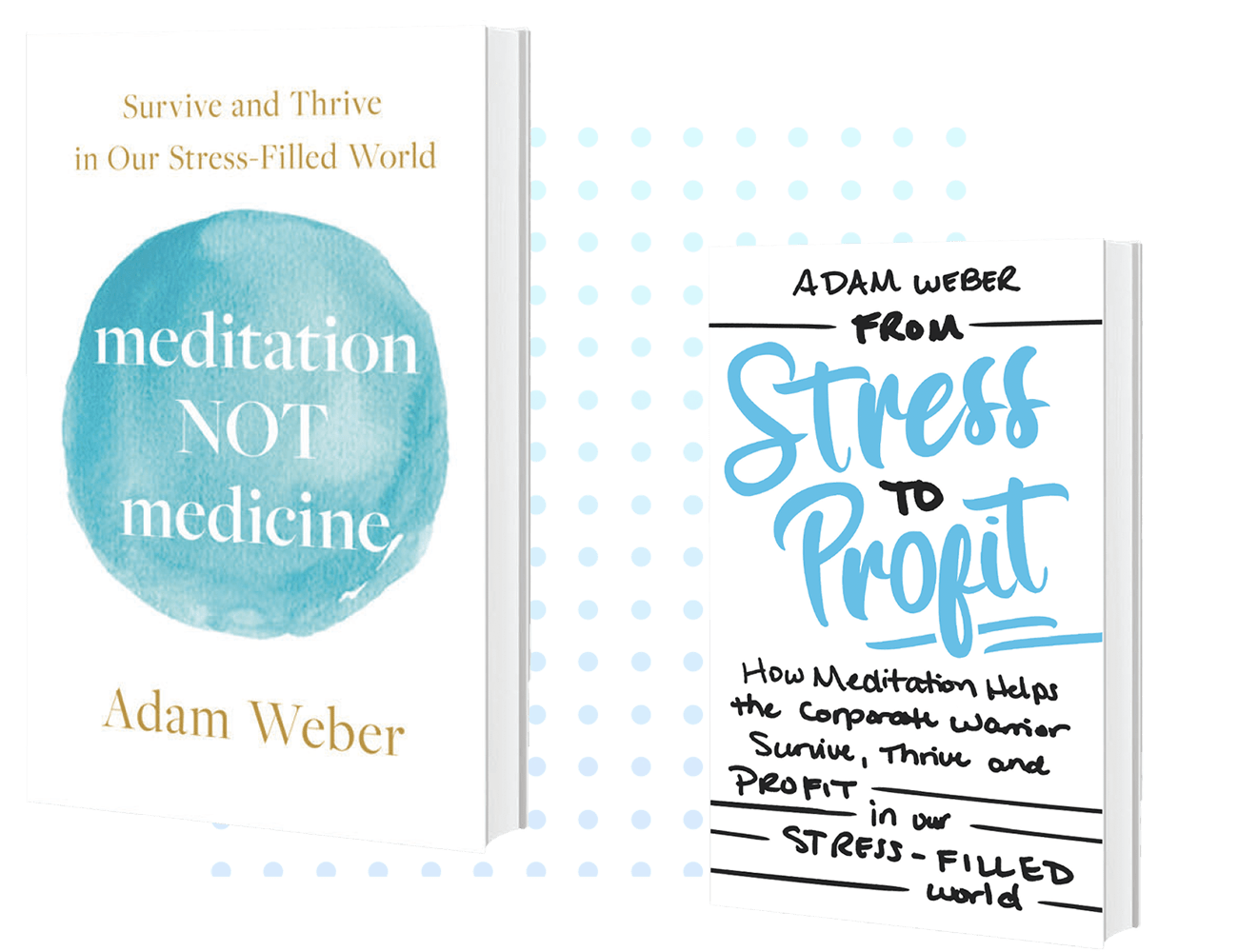Sometimes, to stay positive and focused on life, it is essential to find ways to manage your emotions. As humans, we have our brains hardwired for emotions, but too much can cause many stress-related health challenges in our lives.
It’s easy to get overwhelmed today. Like many, you might need to juggle family responsibilities with work and other commitments. That juggling act could cause you to feel a ton of stress as you struggle to produce results in every area.
What can help you manage your emotions and remain stress-free through it all?
These tips can help:
Focus on the present. This can bring awareness to your experiences and help you to slow down.
- Avoid trying to change your feelings or push away memories. Instead, you can acknowledge these feelings and process stressful situations healthily. It’s a good practice if you want to know how you feel, instead of just doing something based on habit or impulse.
- Most people try to manage their emotions by escaping from them. Never run away from your feelings. Running away causes you to feel the pain more profoundly and miss the beauty in your life. So, take the time to pause, breathe deeply, and notice how you feel.
Block some time off for yourself. Taking time off or finding a way to say no, in some form or another, is helpful.
- Taking some time off could mean taking a weekend away. It could mean saying no to a work function or activity you don’t want to attend, asking that one particular person from your life not contact you for the next day or two (and plan around it), or even scheduling the next week off from work.
- These blocks will help you take extra care of yourself after taking care of others for so long. You could also try journaling. Journaling is a great way to record your thoughts and feelings, so it’s a good idea to take time off to practice this type of self-care regularly.
Follow a physical exercise routine. It’s easy to get caught up in other things, so it’s crucial to find time to move your body each day. Although this might seem like a challenge for some, the benefits are great.
- Regular exercise can help you overcome stress and anxiety by helping you feel stronger, more energetic, and reducing blood pressure levels. You’ll also have fewer health issues.
- It’s essential to plan your exercise routine around your current physical condition.
- If you haven’t exercised in ages, it might be best to start slowly. If you have a physical condition that requires special equipment or equipment you can’t lift, you will want to check with your physician before starting an exercise routine.
Pay attention to what you put in your body. Your diet is another essential part of your self-care routine. Although you might feel tempted to skip meals when you feel stressed, this could lead to low blood sugar and make you feel more anxious.
- It is a good idea to keep healthy snacks on hand. Some ideas include Kiwis, bananas, apples, oranges, nuts, sesame sticks, or dried fruits. Healthy food choices will help you reduce stress because eating healthy food gives you energy while helping your body work at its best.
Set aside time for your hobbies. It’s essential to set aside time for activities that make you happy. Hobbies can be inexpensive and straightforward. Making time for your hobbies is important because it can help you release stress and have fun.
Meditate. Meditation is a form of mindfulness. Mindfulness is the practice of being present in the moment and observing your thoughts and feelings without judgment.
- Meditation can help you focus on your breath and allow stressful thoughts to drift away. Over time, you might find it easier to control your emotions and respond to stress in a more positive way.
- When you meditate, it’s best to sit in a comfortable position with your spine straight. You can close your eyes or keep them open.
- Start by focusing on your breath and counting each inhale and exhale. If you get distracted, simply start over. You can meditate for as long as you want, but it’s a good idea to start with 5 minutes a day and work your way up.
- If intrusive thoughts enter your mind, don’t focus on them. Instead, return your focus to your breath.
In the end, you have to find what works for you. Self-care might seem overwhelming, but there is a way out. If you feel trapped and want to manage your emotions, remember that escaping them is not the answer.
Follow self-care tips, even if they are difficult. You’ll learn a lot about yourself in the process!


